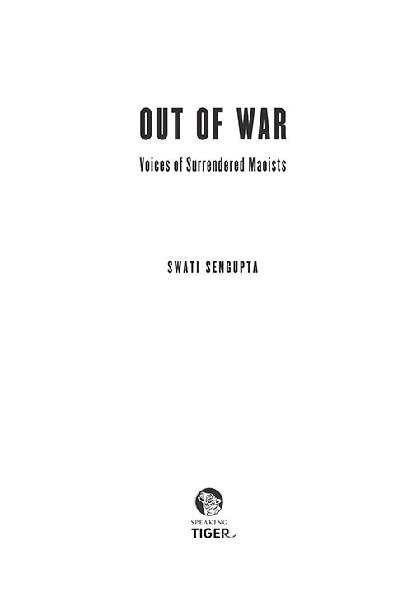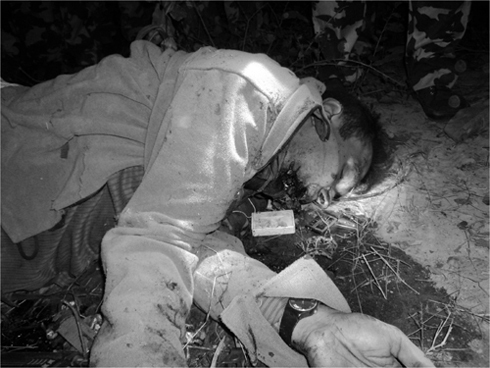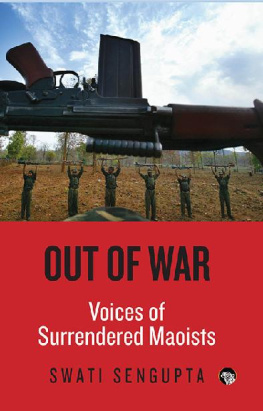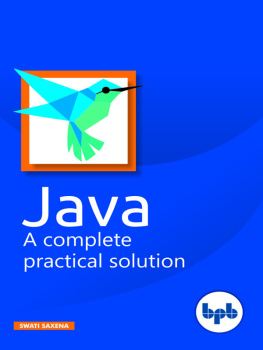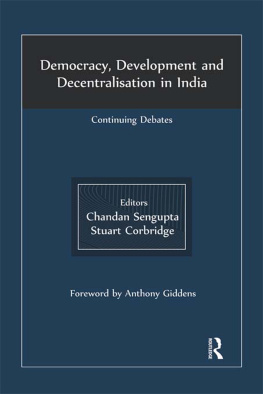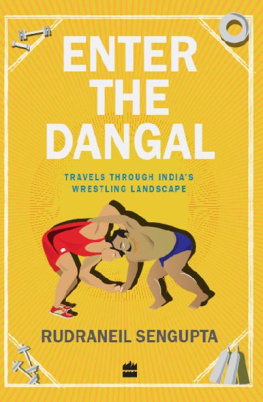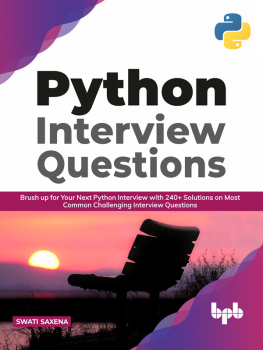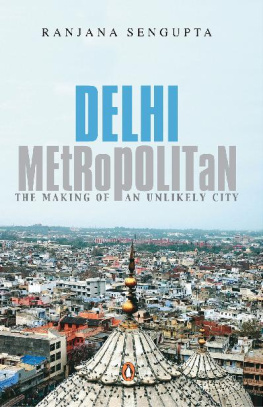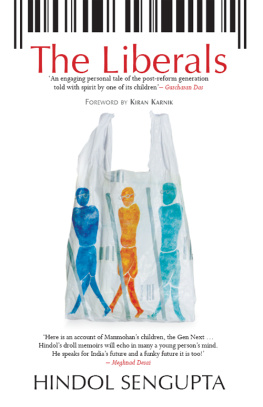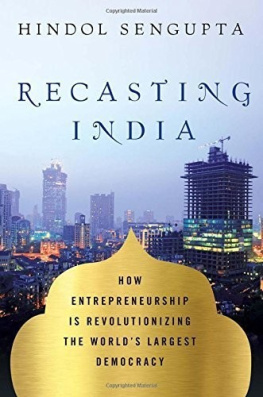Swati Sengupta studied English at Jadavpur University and then worked as a journalist for various newspapers in Kolkata. She now freelances for newspapers and writes fiction and non-fiction books. Her published books include Half the Field is Mine, Guns on My Red Earth and The Talking Bird.
For
Ma & Baba
How much can we ever know about the love and pain in another heart? How much can we hope to understand those who have suffered deeper anguish, greater deprivation, and more crushing disappointments than we ourselves have known?
Orhan Pamuk, Snow
If you are neutral in situations of injustice, you have chosen the side of the oppressor. If an elephant has its foot on the tail of a mouse, and you say that you are neutral, the mouse will not appreciate your neutrality.
Desmond Tutu
Contents
INTRODUCTION
Every movement is a kind of psychological warfare. It is also
an individual battlefought by human beings, with
deeply personal longings and passions, no matter how
small they may appear from outside. No political movement
can be so overwhelming as to completely overshadow an
individual and his or her emotional demands.
Communist Party of India (Maoist) politburo member, Koteswar Rao, alias Kishanji, who spearheaded Maoist operations in West Bengals Jangalmahal (the three districts of Purulia, Bankura and West Midnapore), was killed in an encounter with the police in the Burisole forest area of West Midnapore on November 24, 2011.
I ts a long drive in unruly traffic and takes me past numerous dhabas where people eat hot and spicy egg curries with boiled rice and guzzle down bottles of beer to knock off the scorching heat. The road bends and narrows to become paths through green fields dotted with mud huts, until gradually the narrower earthen tracks navigate surreptitiously through forests.
I travel to homes on hilltops reached by negotiating sharp rocky paths. Homes from which the heady smell of mahua comes wafting through the air, until it blends with the smell of khichuri boiling on an earthen oven inside the compound of a primary school.
These are roads less travelledred earth glowing in the sunlight at dusk, the full moon and quiet, star-studded nights, the busy cacophony of village bazaars, cow markets, rooster matches, football and hockey games being played on large swathes of greenery, long walks, pillion rides on two-wheelers over bumpy earthen tracks.
I visit homes where chickens run amok, crows caw on neem trees, cows, buffaloes and goats doze off in the summer heat, mud walls and wooden doors dazzle with colour and paintings. Herein lie entrenched the dreams and aspirations of the comrades and their families. I listen to tales of neglect and their morbid resignation to fate.
I meet some of these men and women, now removed from their previous lives in the forests where they were part of Maoist groups. I meet them in safe houses, in silent, cold rooms interrupted only by the hum of air conditioners. Here, these beautiful young men and women, dressed in smart trousers and shirts, or salwar-kameez, glittering bindis, dangling earrings, polished fuschia nails and red lipstick, talk about their dreams, about the excitement of falling in love and about the joy of becoming parents.
Then there are visits to dormitory rooms filled with pots and pans, sarees, shirts, undergarments and baby clothes, a radio playing in the background, the smell of breast milk and puffed rice.
Gurgling waterfalls, chirping birds, blaring horns from buses with people perched on top, criss-crossing small towns and quaint villages, the smell of marigold garlands and coconut oil, bumping along on dusty and rickety roads, the breathtaking beauty of rocky mountains, songs and dances by tribal women and men, the air filled with their giggles and full-throated laughterthis has been my journey, after I set out to listen to their stories.
***
The Naxal movement takes its name from Naxalbari block in West Bengals Darjeeling district bordering Nepal. This area became the centre of a peasant uprising in the 1960s. India was then plagued by a severe food crisis. Starvation deaths were common and land was owned by a very small group of rich landlords. With such wide chasms between rich and poor, such sharp divisions in property and food distribution, the poor faced exploitation of the worst kind. There appeared to be no escape out of this rut.
On March 3, 1967, a group of peasants surrounded a plot of land in Naxalbari and, in a symbolic show of power, lifted the harvested paddy from the granary of the jotedar. The uprising continued for several months, marked by several similar incidents. A share-cropper was beaten up by the armed agents of a local landlord, which was followed by armed bands of men seizing the land and food grains.
It reached a flashpoint on May 24 when peasants armed with bows and arrows killed a police inspector.
The following day, an enormous police contingent swooped in on the protestors and gunned down eleven of them, including six women and two children.
This was, in a nutshell, the beginning of the Naxalbari movement. A group from the CPI(M)s Siliguri unit, which included men like Charu Mazumdar and Kanu Sanyal, led from the front, along with Jangal Santhal who mobilized the tribals.
Subsequently, in 1969, this group split from the CPI(M) and formed the CPI(Marxist-Leninist). Mazumdar was hugely influenced by the revolution in neighbouring China brought about by Mao Tse-Tung and his army of peasants. He believed the situation around him was much the same as that in China, and it was important that the government should be overthrown by an armed, militant peasants movement.
Soon, this Naxal movement became synonymous with an extremist movement which made exploitative landlords and policemen in different parts of the country fear rebellion from among the poor, landless and oppressed. A powerful armed protest against the unequal distribution of wealth, class divides and exploitation was thus born. It was the peoples assertion of power against the oppressor state and rich landlords.
While the CPI(ML) was the original Naxalite party, the Peoples War Group (PWG) broke away from it in 1980 under the leadership of Kondapalli Seetharamiah. Its base was the Dandakaranya (now Chhattisgarh) where powerful guerilla armies were formed. Later though, the PWG merged with CPI(ML), Party Unity (PU) and Maoist Communist Centre (MCC) and this entity is now the Communist Party of India (Maoist). The words Maoists and Naxalites are used interchangeably even by the police and the Naxals themselves, as well as the media and in this book.
The Maoist movement took on many forms in different states such as Andhra Pradesh, Madhya Pradesh, Maharashtra, Chhattisgarh, Bihar, Jharkhand, West Bengal, Odisha, but it has always been linked with peoples movements for the rights of the poor over land and forests. Over the years, it spawned various avatars and rippled across different parts of the country and often took extremely violent forms.
As recently as April 11 to April 13, 2015, thirteen police personnel from the Chhattisgarh Special Task Force (STF), Border Security Force (BSF) and Chhattisgarh Armed Force (CAF) were killed in three separate incidents at Sukma, Kanker and Dantewada [one BSF jawan in Kanker, seven STF personnel from BSF at Sukma and five CAF personnel at Dantewada].
